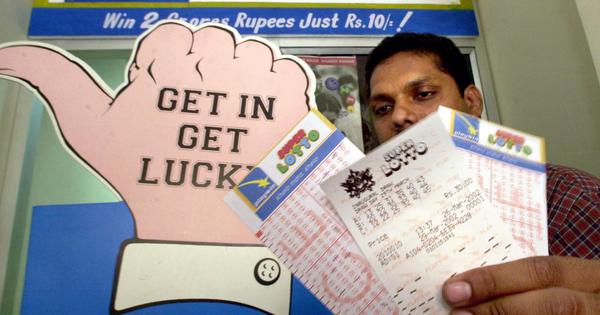
In the1994 Hollywood rom-com, It Could Happen to You, New York City police officer Charlie (Nicholas Cage) promises waitress Yvonne (Bridget Fonda) that in lieu of a tip, he will give her half of his lottery prize if he wins. The next day, Charlie wins $4 million. Movies like this feed the idea that winning the lottery isn’t so unlikely.
Real life, though, is different. For example, according to Lottery USA, the odds of winning a jackpot in its Mega Millions game are one in 303 million, and those for PowerBall are about one in 292 million – which means that only one in about 300 million ticket-buyers are expected to win the jackpot. The situation in other countries is similar.
Of course, if I buy all the possible tickets in a lottery, I would definitely win all the prizes. The total prize money, however, would be much less than the total price of all the tickets I had bought because the people running the lottery charge an administrative fee and include their…
